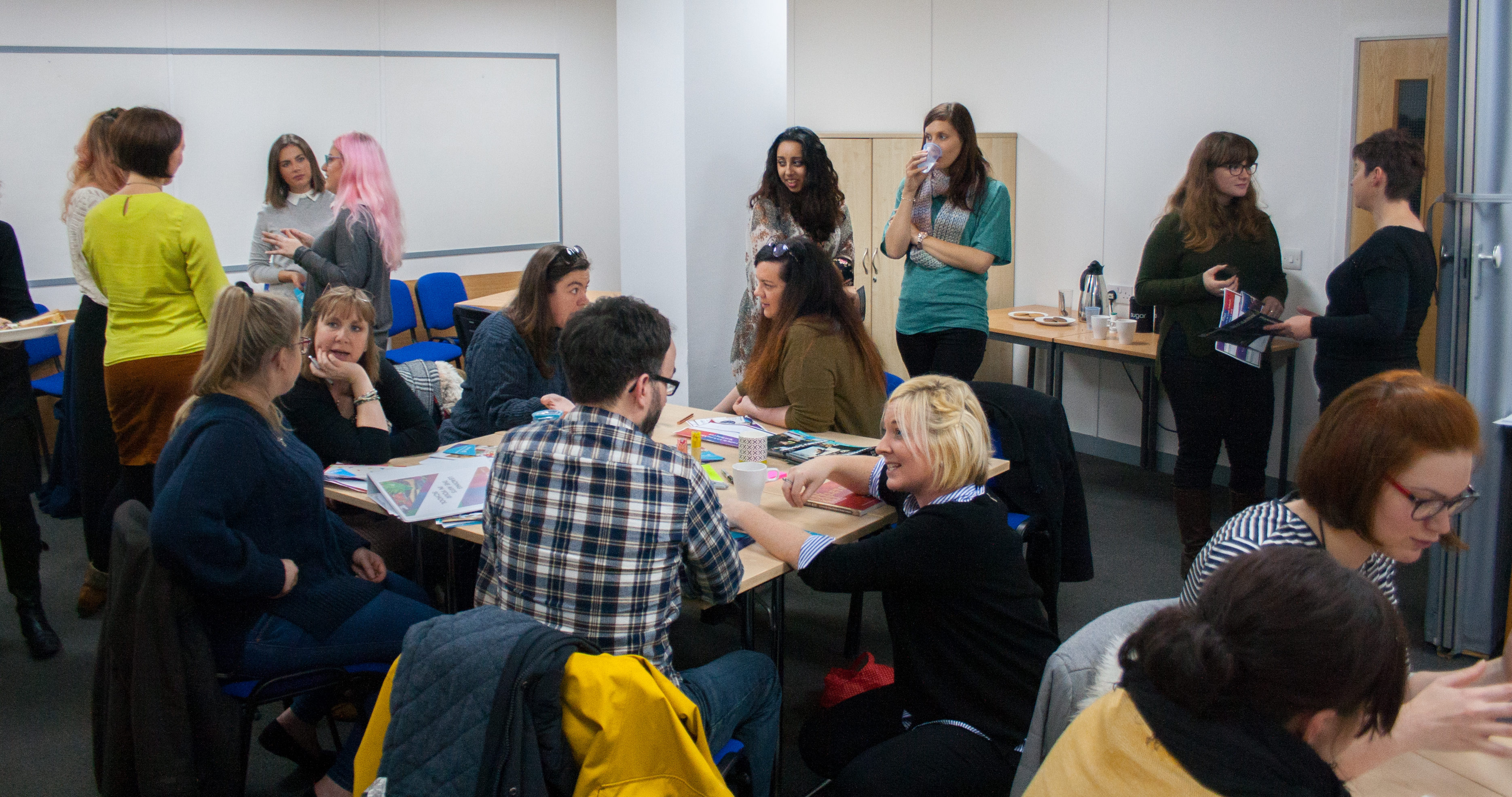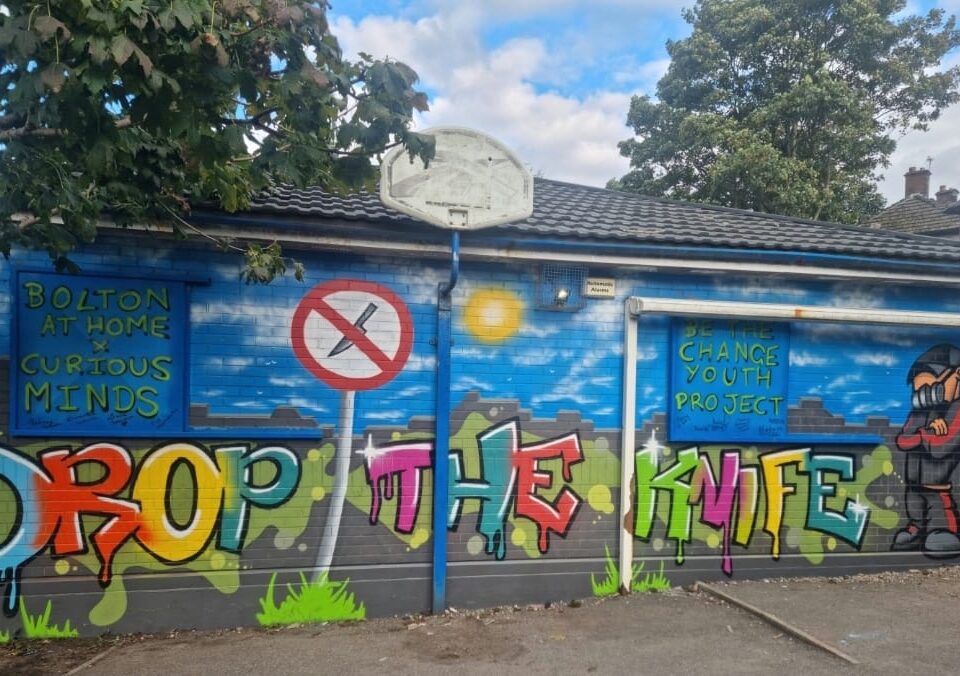
Hope Happens in the North West
May 14, 2019
CPD Course: Leading the Arts in Your School
June 19, 2019
Curious Minds' response to the Augar Review
from Dr. Steph Hawke, Senior Manager: External Funding & Policy
"For the first time in history, we have no idea what to teach in schools"
The Augar Review and the Fourth Industrial Revolution

This calls into question the criteria by which we assess the value of a career. It also casts light on the value placed on the art and culture sector by its funders. If investment in the sector is squeezed, it follows that its workers cannot expect to achieve high salaries.
The Creative Industries Federation has responded by expanding on how creative careers have value beyond simply how much they pay.
In particular the response highlights that 87% of creative workers are at low or no risk of automation, ‘meaning that creative jobs are future proof and vital if we are to create a robust workforce that is fit for the future’.
What could the future hold and what is the role of creativity?
Peter Hyman of School 21 has cited author Yuval Noah Harari as an influence upon that school’s curriculum. In his book Homo Deus, Harari sets out a possible future for humanity and provides much upon which education policy makers might reflect. What does this mean for creativity?
The Fourth Industrial Revolution
The Fourth Industrial Revolution describes the way in which artificial intelligence, the Internet of Things, and other technologies like 3D printing and genetic engineering are increasingly merging our biological, physical and digital worlds.
We are all experiencing this shift, for example we have navigation apps that crowdsource data from hundreds of drivers to direct us via the fastest route to our destination, we have voice activated virtual assistants like Amazon’s Alexa that interact with smart TVs, light switches and thermostats in our homes, our Netflix recommendations are personalised, fitness trackers share our biometric data and Facebook can recognise your face and tag you in a friend’s photo.
Harari’s vision
Mr Harari suggests humans have created a complicated world in which it is increasingly hard to make sense of what is happening.
For instance he suggests that just as the industrial revolution created the working class, artificial intelligence and automation will create a ‘global useless class’. For example what happens to the delivery or taxi driver when self-driving technology becomes established, will they be able to re-train and find a new career? Artificial intelligence is good at pattern recognition, will this mean AI can know your health better, and more efficiently spot warning signs, eventually replacing the family GP?
Are we sharing so much data that new technologies could hijack democracy? By age 13, parents will have posted 1300 photos and videos of a child to social media. Children post to social media 26 times a day: nearly 70,000 posts by age 18. What does this mean for children’s lives when artificial intelligence will begin to know them better than they know themselves?
For example, when it is possible to know what you read through your Kindle device and to link this with a fitness watch that shows when your heartrate is raised then cross reference this with the posts you like and share online, it is possible to know what makes you tick: to know you better than you know yourself. This is very dangerous in terms of exerting influence on a person’s choices: it could be used to hijack democracy.
This sharing of data could also lead to discrimination as a trawl through the data you have shared could give a pretty accurate picture of who you are. This could lead to discrimination for job interviews or applications for mortgages and loans.
Mr Harari shows that we have no idea what human society will be like in just 20 years – time is accelerating and we can no longer think in centuries or millenniums:
We’re in an unprecedented situation in history in the sense that nobody knows what the basics about how the world will look like in 20 or 30 years. Not just the basics of geopolitics but what the job market will look like, what kinds of skills people will need, what family structures will look like, what gender relations will look like. This means that for the first time in history we have no idea what to teach in schools.
An interesting context within which to look at the value of the creative workforce.
Sources
https://www.nytimes.com/2018/03/19/world/europe/yuval-noah-harari-future-tech.html
https://www.salesforce.com/blog/2018/12/what-is-the-fourth-industrial-revolution-4IR.html
https://www.creativeindustriesfederation.com/news/creative-industries-federation-responds-post-18-education-and-funding-review
https://www.childrenscommissioner.gov.uk/publication/who-knows-what-about-me/
https://www.ippr.org/publications/the-future-of-education





